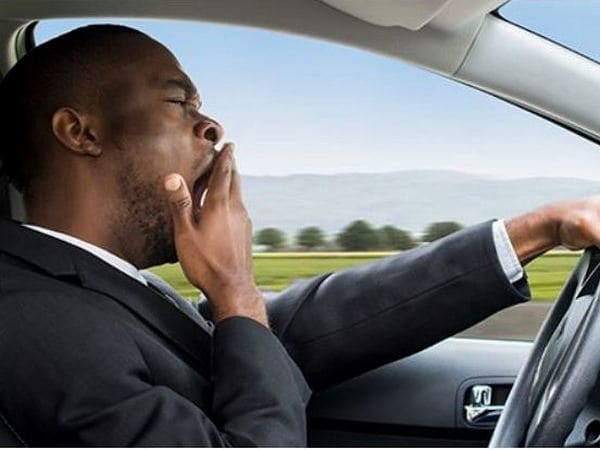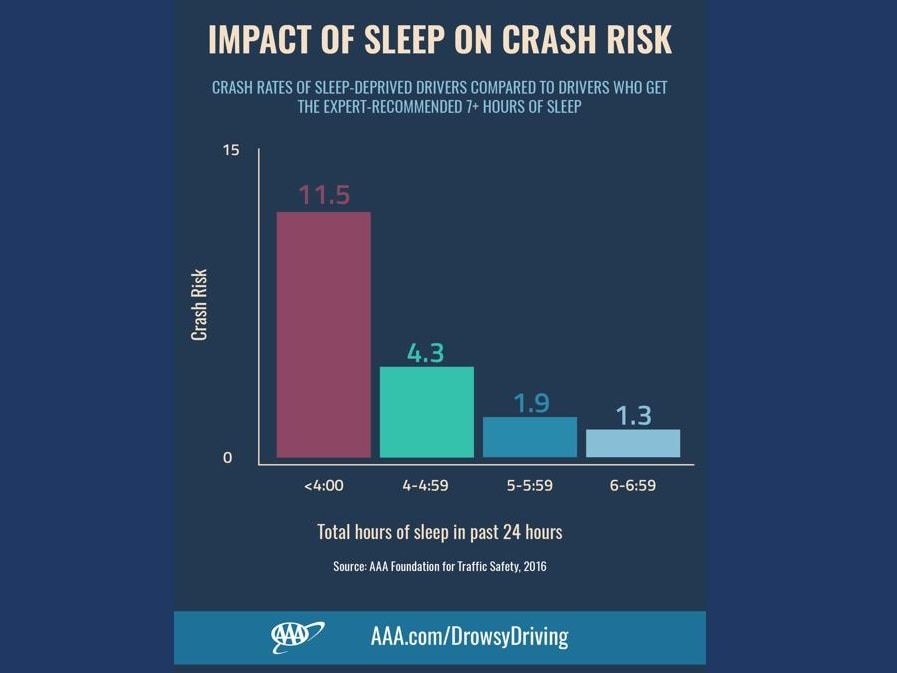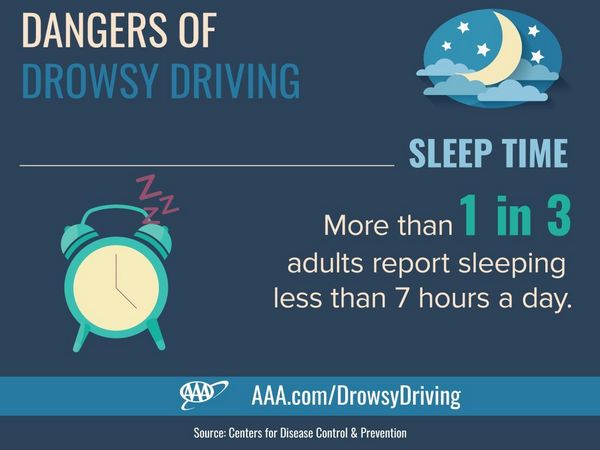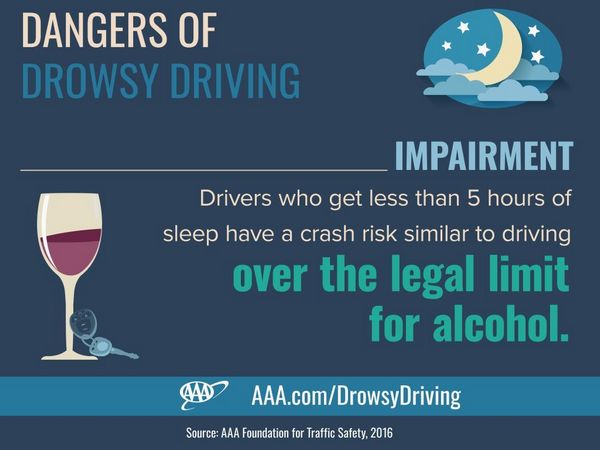
New research by the AAA Foundation for Traffic Safety has found that individuals who misjcrs between one and two hours of sleep of the recommended seven hours nearly double their risk of being involved in a crash while behind the wheel. That fact becomes even more worrisome in light of news that the Centers for Disease Control and Prevention claims 35 percent of U.S. drivers currently get less than the seven-hour daily minimum.
Also: Class of 2017 – New Cars Ready to Roll
Things get worse when you push the sleep-deprivation limits beyond that point. The AAA study determined that upping that sleep deprivation figure to between two to three hours more than quadruples the likelihood of a crash, and the Foundation’s executive director, Dr. David Yang, noted “Our new research shows that a driver who has slept for less than five hours has a crash risk comparable to someone driving drunk. You cannot miss sleep and still expect to be able to safely function behind the wheel.”
Nearly a third admit driving drowsy
Ironically, while 97 percent of the drivers who responded to the survey told the AAA Foundation that drowsy driving is an unacceptable behavior that represents a serious safety threat, nearly a third also admitted to have operated a vehicle at least one time in the past month when they were so tired they could barely keep their eyes open.
Also: Kelley Blue Book Best Buy Awards of 2017
With more people on the road from now until the end of the year, the AAA has compiled a number of tips on how to stay alert when you’re behind the wheel. Beyond the getting sufficient sleep, especially before starting out on an extended trip, the organization suggests traveling at times when you are normally awake and schedule a break every two hours or 100 miles. It also recommends against working all day and then attempting to drive all night as well as being aware of your fatigue level and simply pulling over and stopping when you feel drowsy. In addition to drinking a caffeinated beverage – and safely allowing the 30 minutes or so for its effects to kick in – AAA also advocates traveling with a wide-awake passenger.
More Safety-Related News…
AAA Study: Not all automatic braking systems equal










